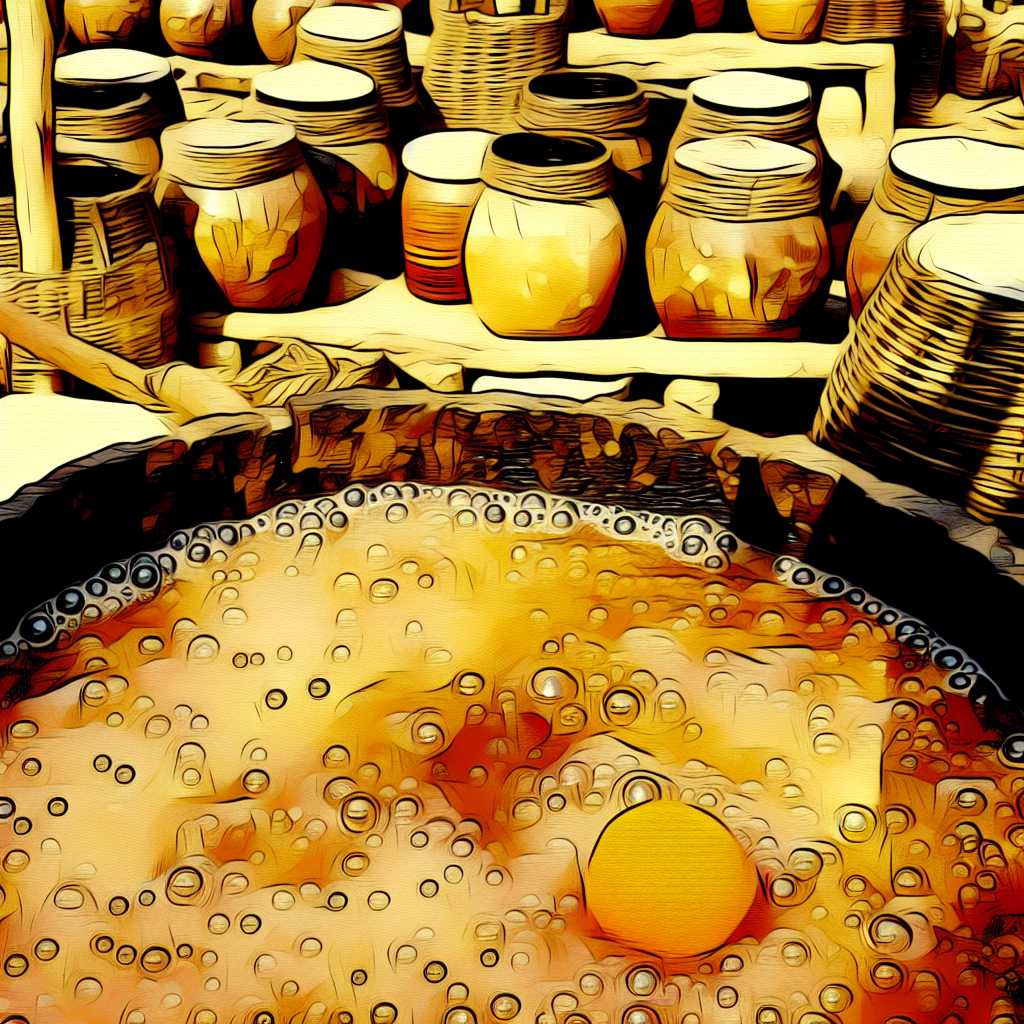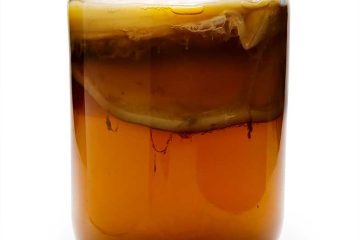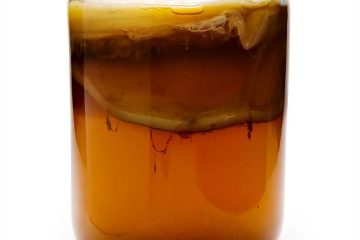The Ancient Origins of Kombucha Tea: A Historical Perspective

The Ancient Origins of Kombucha Tea: A Historical Perspective
The Ancient Origins of Kombucha Tea: A Historical Perspective
Kombucha tea is a fermented drink that has gained popularity in recent years for its health benefits and unique taste. But what many people may not know is that this beverage has been around for thousands of years, with roots tracing back to ancient cultures in Asia. In this article, we will explore the rich history of kombucha tea and its journey from ancient times to the modern day.
Origins of Kombucha Tea
The exact origins of kombucha tea are still shrouded in mystery, but it is believed to have originated in the Far East, possibly in China or Japan. The first recorded use of kombucha tea dates back to around 220 BC during the Tsin Dynasty in China, where it was referred to as the “tea of immortality.”
Legend has it that the drink was highly prized by the Chinese for its health-giving properties and was often referred to as the “elixir of life.” It was believed that regular consumption of kombucha tea could promote longevity and vitality, leading to its widespread use among the general population.
The practice of fermenting tea with sugar and a symbiotic culture of bacteria and yeast (SCOBY) is thought to have been developed during this time. The SCOBY acts as a fermenting agent, breaking down the sugars in the tea and producing probiotics, enzymes, and acids that are beneficial to health.
Spread of Kombucha Tea
From its origins in China, kombucha tea eventually made its way to Japan and Russia, where it gained further popularity. In Russia, it was known as “tea kvass” and was often brewed at home as a traditional folk remedy for various ailments.
During the expansion of the Russian Empire in the 19th century, kombucha tea began to spread to Europe and beyond. It gained a following in Germany, where it was promoted for its health benefits and was even recommended by doctors as a tonic for digestion, joint health, and overall wellness.
Kombucha Tea in the Modern Day
In recent years, kombucha tea has experienced a resurgence in popularity, particularly in Western countries. Its appeal lies in its unique flavor profile, which is a combination of sweet and sour, as well as its purported health benefits, including improved digestion, increased energy, and strengthened immune system.
The drink has become a staple in health food stores and is often brewed commercially with a variety of flavors and additions, such as ginger, fruit extracts, and herbs. Many people also brew their own kombucha tea at home, experimenting with different ingredients and fermentation times to create their own unique blends.
Health Benefits of Kombucha Tea
While the health benefits of kombucha tea are still being studied, there is evidence to suggest that it may have a positive impact on gut health due to its probiotic content. Probiotics are beneficial bacteria that support the digestive system and may help improve overall wellness.
Additionally, kombucha tea is a good source of antioxidants, which can help protect the body from oxidative stress and reduce inflammation. Some studies have also indicated that it may have antimicrobial and anti-cancer properties, though more research is needed to confirm these potential benefits.
It’s important to note that while kombucha tea can be a healthy addition to a balanced diet, it’s best to consume it in moderation, as it can be high in sugar and caffeine, depending on the brewing process and ingredients used.
How to Brew Kombucha Tea at Home
For those interested in trying kombucha tea at home, it’s relatively easy to brew with a few simple ingredients and equipment. The basic recipe involves steeping black or green tea in hot water, adding sugar, allowing the mixture to cool, and then adding the SCOBY to ferment the tea.
The fermentation process typically takes around 7-14 days, during which time the SCOBY breaks down the sugars in the tea and transforms it into a tangy and effervescent drink. It’s important to note that the fermentation should take place in a clean and sterile environment to prevent contamination, and the finished kombucha tea should be stored in airtight containers in the refrigerator.
In conclusion, kombucha tea has a long and fascinating history that dates back to ancient times, and it’s exciting to see its resurgence in popularity in the modern day. Whether you’re interested in its health benefits, its unique flavor, or its DIY potential, kombucha tea offers something for everyone. With ancient origins and a bright future, it’s clear that this fermented beverage has stood the test of time and will continue to delight and nourish people for years to come.
[elementor-template id=”430″]
[elementor-template id=”433″]




0 Comments